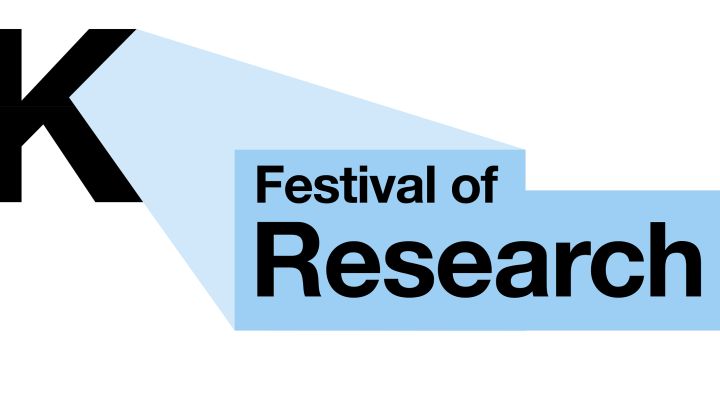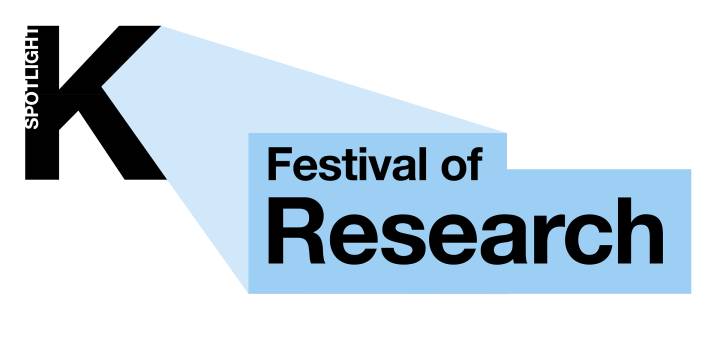Researching Autism Spectrum Disorders

This event has taken place
View all upcoming events at Kingston University.
Time: 4.00pm - 5.30pm
Price:
free

There will be three talks and then a discussion about issues related to researching ASD. This event will be led by Dr Elisa Back, Director of Developing Minds Lab and MSc Child Psychology Course Director.
Dr Elisa Back
Predicting intervention use in autistic children: demographic and autism-specific characteristics.
Autism is a heterogenous disorder with symptoms that present in different ways. There is a large variety of interventions for autistic individuals. However, little is known about who chooses which specific interventions. We aimed to explore intervention prevalence and predict intervention use, based on demographic and autism-specific characteristics. This study used data on autistic children (N=1464, aged 1-17 years) from the Netherlands Autism Register. Most children (88%) had received therapies, about half had received medication. Intervention use was mostly related to additional factors (lower IQ, special education and co-occurring diagnoses) rather than autism-specific characteristics (autism severity, social skills, repetitive and restrictive behaviours). More transdiagnostic interventions should be available for children with autism who have additional problems.
Mrs Hayley Spurin (PhD researcher)
Social attention strategies of autistic people.
Research has shown that social attention strategies for autistic people indicate a reduced attraction to socially relevant information. The current study explored variance in social background content to explore social attention strategies by Autistic children and adolescents, age and IQ matched to Neurotypical peers. Participants watched scenes from a silent movie, where backgrounds were varied in social intensity, whilst their eye movements were recorded. Results showed that social information was preferable for all participants. High intensity social backgrounds generated more difficulties when maintaining visual attention to social information for autistic participants. Therefore, highly visually distracting scenes may generate visual processing difficulties for autistic people and may better explain their social communication differences.
Mrs Norlina Sexton (PhD researcher)
Participatory autism research: Co-producing a university transition programme with and for students with autism and their stakeholders.
This talk provides an insight into the need for meaningful involvement of students with autism and their stakeholders, working collaboratively in roles that incorporate their lived experiences and voices in research. As a parent and neurodiversity professional, Norlina shares her experience parenting and supporting students with autism. In particular, the challenges encountered with (a) negative stereotypes about the behavioural characteristics and diagnostic label of autism; (b) re-experiencing peer bullying, victimisation, and cumulative traumatic experiences; and (c) university transition worries about the chaotic context of university life. There are actions that researchers can take to offer this empowering opportunity.
Booking is essential to attend this event.
For further information about this event:
Contact: Marie Withers
Email: M.Withers@kingston.ac.uk
